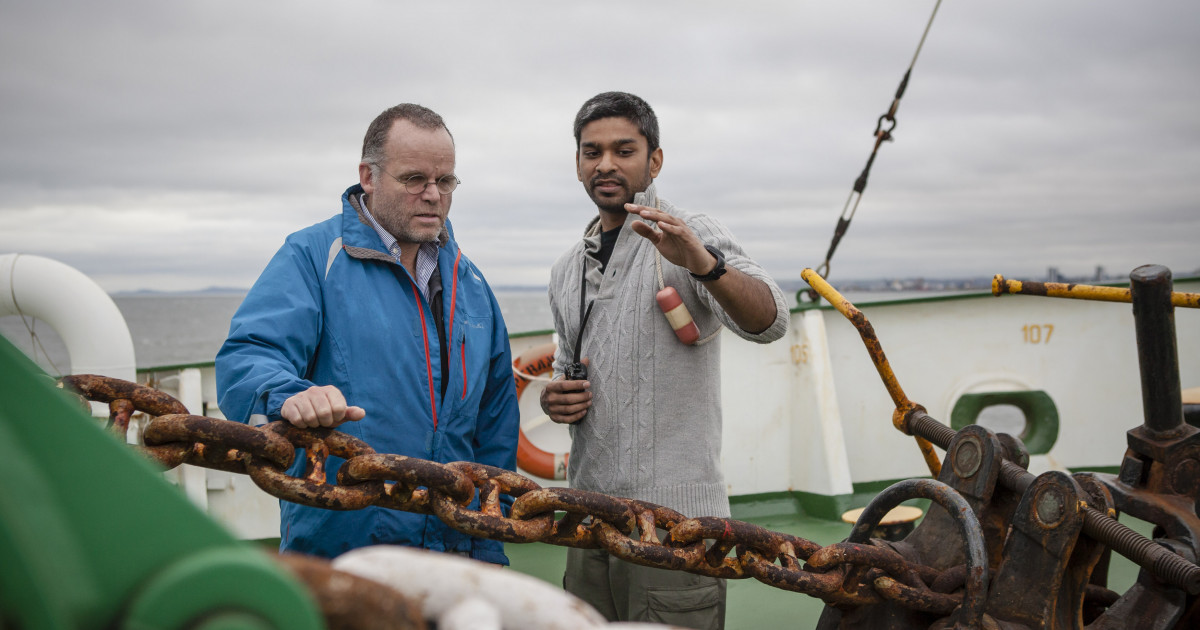The fate of the world’s oceans is in the hands of all of us

If you live in sight of the Forth, you might have noticed the Greenpeace ship, MV Esperanza anchored off Granton Harbour. It visited Edinburgh to launch a campaign to stop the pollution of the oceans by plastics. Most people have probably by now seen images of whales, dolphins and other marine creatures strangulated and starved by discarded plastic.
As plastic bottles, plastic bags and other items break down into smaller and smaller pieces, they form micro plastics and end up in the stomachs of seabirds, fish and whales. But some of this plastic is already microscopic when it enters the sea. So-called microbeads are present in a wide range of products from facial scrubs to toothpaste and are a growing problem in our seas. Microbeads accumulate toxins present in the ocean which make their way into the flesh of fish and, ultimately, will be ingested by humans in increasing quantities.
Greenpeace’s campaign is being launched in Edinburgh to build political support for a Scottish Deposit Return Scheme that would charge a deposit on bottles to be returned when they are returned. A recent poll showed that 93% of people in Scotland are concerned about the effect of plastics in the ocean and there is public support for such a scheme in Scotland.
Unfortunately, since the MV Esperanza was forced to anchor offshore, the Edinburgh public were denied the opportunity to visit the ship and to meet some of the truly inspiring activists who work at the frontline of environmental activism around the planet. A number of crew members (including the pilot of the small inflatable that took me out to the ship) were part of the Arctic 30, who took part on the peaceful protest against oil drilling in the Arctic and were detained by the Russian authorities for their efforts.
The MV Esperanza had to anchor in the Forth because Forth Ports, the owner of the port refused permission for Greenpeace to enter the port, berth and meet the public. Last week, I phoned the manager of the Port and was told that there were no berths available. Over the past few days, a number of visits have been made to the docks and there was berthing space clearly available.
Instead of Edinburgh’s schoolchildren having the opportunity to be inspired by stories of the world’s oceans, the faceless and unaccountable private company that owns and operates a key part of our transport infrastructure has the power to decide who is and who is not allowed to use the Port.
This is one small example of how the privatisation of our ports and airports serves the interests of investors before the interests of the public and why we need to return this strategic infrastructure to public ownership.
As Greenpeace sails out of the Forth this week, we should remember that the fate of the world’s oceans is in the hands of all of us and that the corporations that resist efforts to protect the planet are also those who increasingly control the means of communicating these important messages.
This article first appeared in the Edinburgh Evening News
